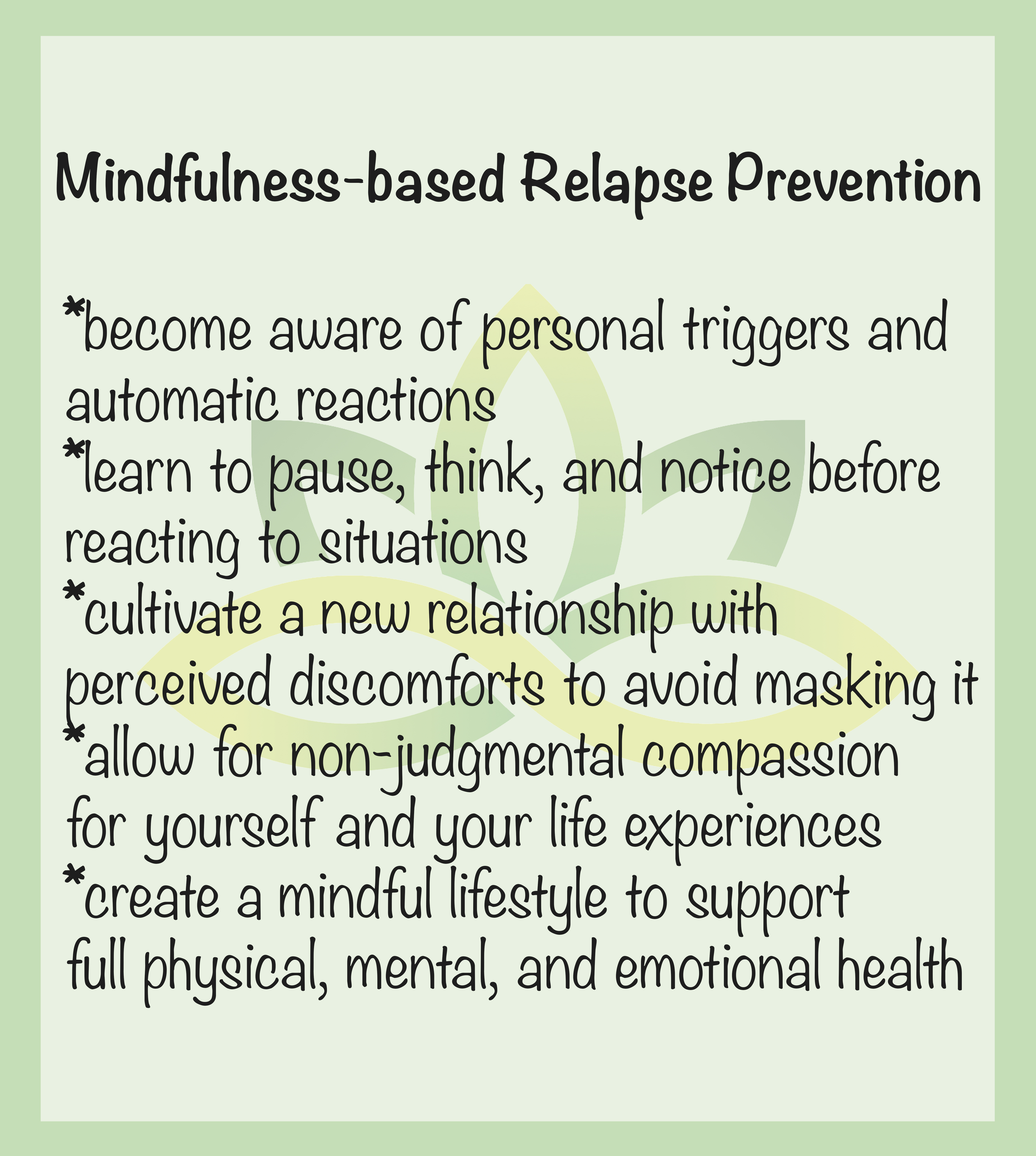National Geographic explores Mindfulness
While alcohol and drug addiction have been an ever-increasing epidemic for our country as well as much of the developed world for decades, the prevailing method for addressing addiction issues here in the U.S. has been largely centered on one modality: the Twelve Step Model. In its inception, the Twelve Step Model was a new and unique way to address the struggles that many alcoholics of the time faced: guilt, shame, forgiveness, and hopefully allow for the insight needed to make a lasting change in their life. For many years, there was little known about addiction from a medical or scientific standpoint, what happened within the brain of an addict, or that neuroplasticity was even possible. Fortunately for us, science is now catching up in understanding addiction from a spiritual, psychological, neurological, and even chemical standpoint which allows scientists to theorize new and exciting possible breakthroughs to treat addiction for people in 2017 rather than relying on programs and ideologies created over 80 years ago.
National Geographic’s latest issue touches on the advances science has been making in understanding what causes addiction, what happens within neural pathways in the brain during triggers and cravings, and how hijacking the brain might interrupt the cycle of addictive behaviors. An especially noteworthy point the author makes about all of the current methods for treatment is it that it falls short: relapse rates continue to be high and “patients are suffering”, and with one in every ten Americans addicted to alcohol or drugs, that suffering is widespread.
Many experts are turning to the use of mindfulness as a basis for treatment, used alone or in conjunction with other therapies such as individual counseling, and the evidence continues to mount that mindfulness may be the missing factor in treating addiction successfully. In fact, some studies show impressive evidence that mindfulness training may be twice as effective as traditional 12 step programs for alcoholism and smoking cessation.
So what is mindfulness-based relapse prevention?
Mindfulness-based treatment programs and relapse prevention aim to help clients:
- notice their feelings and cravings rather than run on “autopilot”, where habitual use can occur seemingly out of nowhere
- learn ways to create a mental “pause” in what is often a loop of repetitive thinking or behavior
- understand and recognize personal challenges and discomforts, and help them learn healthy ways to respond to these
- adopt a gentle and nonjudgmental approach towards themselves and their life experiences in order to move through it, rather than get stuck in it
- build a lifestyle that fully supports mindfulness in every aspect of their life and recovery for more successful recovery as well as a deterrent towards “addiction swapping” to another substance or activity.
The growing amount of research to support mindfulness as a treatment method or program basis is exciting for the clinicians and staff at Centered Recovery, a Mindfulness-based substance abuse treatment program located in north metro Atlanta, because it supports what we have been seeing for a number of years in the field of addiction. For those who have been suffering through unsuccessful attempts at recovery, those who have relapsed repeatedly, and those who strongly feel that the 12 step approach is not right for them, we offer a place of hope. There is life after addiction, often without the need for lifetime maintenance medications or a lifetime of meetings. There are a great number of real success stories who are able to not just “stay sober”, but to truly live their healthiest life, without being addicted or being scared that a relapse is always around the corner. If you or a loved one would like more information about how you can live a health life free from the chains of addiction, give us a call at 800-556-2966.






